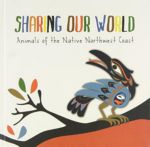
Sharing Our World, by First Nations and Native artists: honoring Ancestors, the Totem, and 15 animals native to the NW coast.

Sharing Our World, by First Nations and Native artists: honoring Ancestors, the Totem, and 15 animals native to the NW coast.

The sun on your face. The smell of warm bannock baking in the oven. Holding the hand of someone you love. What fills your heart with happiness? This beautiful board book, with illustrations from celebrated artist Julie Flett, serves as a reminder for little ones and adults alike to reflect on and cherish the moments in life that bring us joy.
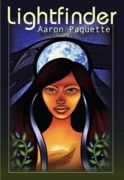
Lightfinder is a YA fantasy novel about Aisling, a young Cree woman who sets out into the wilderness with her Kokum (grandmother), Aunty and two young men she barely knows. They have to find and rescue her runaway younger brother, Eric. Along the way she learns that the legends of her people might be real and that she has a growing power of her own.The story follows the paths of Aisling and Eric, siblings unwittingly thrust into a millennia old struggle for the future of life on earth. It deals with growing up, love and loss, and the choices life puts in our path. Love and confusion are in store, as are loss and pain. Things are not always what they seem and danger surrounds them at every turn.
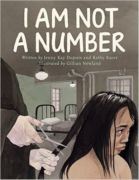
When Irene is removed from her First Nations family to live in a residential school, she is confused, frightened and terribly homesick. She tries to remember who she is and where she came from despite being told to do otherwise. When she goes home for summer holidays, her parents decide never to send her away again.
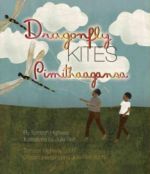
Joe and Cody, two young Cree brothers, along with their parents and their little dog Ootsie, are spending the summer by one of the hundreds of lakes in northern Manitoba. Summer means a chance to explore the world and make friends with an array of creatures, But what Joe and Cody like doing best of all is flying dragonfly kites. They catch dragonflies and gently tie a length of thread around the middle of each dragonfly before letting it go. Off soar the dragonflies into the summer sky and off race the brothers and Ootsie too, chasing after their dragonfly kites through trees and meadows and down to the beach before watching them disappear into the night sky. But in their dreams, Joe and Cody soar through the skies with their kites until it’s time to wake up.
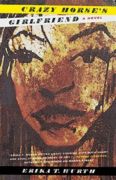
Margaritte is a sharp-tongued, drug-dealing, 16-year-old Native American floundering in a Colorado town crippled by poverty, unemployment and drug abuse. She hates the burnout, futureless kids surrounding her and dreams that she and her unreliable new boyfriend can move far beyond the bright lights of Denver that float on the horizon before the daily suffocation of teen pregnancy eats her alive.
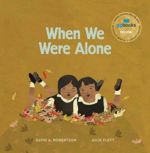
When a young girl helps tend to her grandmother’s garden, she begins to notice things that make her curious.
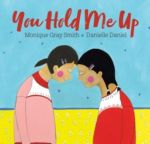
This vibrant picture book, beautifully illustrated by celebrated artist Danielle Daniel, encourages children to show love and support for each other and to consider each other’s well-being in their everyday actions.

Cash and Sheriff Wheaton make for a strange partnership. He pulled her from her mother’s wrecked car when she was three. He’s kept an eye out for her ever since. It’s a tough place to live-northern Minnesota along the Red River. Cash navigated through foster homes, and at thirteen was working farms. She’s tough as nails-five feet two inches, blue jeans, blue jean jacket, smokes Marlboros, drinks Bud Longnecks. Makes her living driving truck. Playing pool on the side. Wheaton is big lawman type. Scandinavian stock, but darker skin than most. He wants her to take hold of her life. Get into Junior College. So there they are, staring at the dead Indian lying in the field. Soon Cash was dreaming the dead man’s cheap house on the Red Lake Reservation, mother and kids waiting. She has that kind of power. That’s the place to start looking. There’s a long and dangerous way to go to find the men who killed him. Plus there’s Jim, the married white guy. And Longbraids, the Indian guy headed for Minneapolis to join the American Indian Movement.
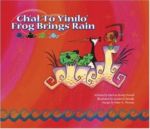
As fire creeps toward the village of the First People, First Man and First Woman must find a way to quench the flames. First Woman asks the Bird People, the River People, and the Water People for assistance, but everyone she speaks to has an excuse. “Not me,” said Mockingbird. “The smoke would hurt my voice and I would never sing again.” “Not me,” said Snail. “I carry my house with me and I am slow.” “No,” said Beaver. “We’d like to help, but our river home would become a desert if we changed the flow of water.” At last, First Woman asks the mysterious Frog for help. Will he be able to stop the flames before they reach the village? Author Patricia Hruby Powell’s retelling of this Navajo folktale is as graceful as it is compelling, and as magical as the mythical time it describes.